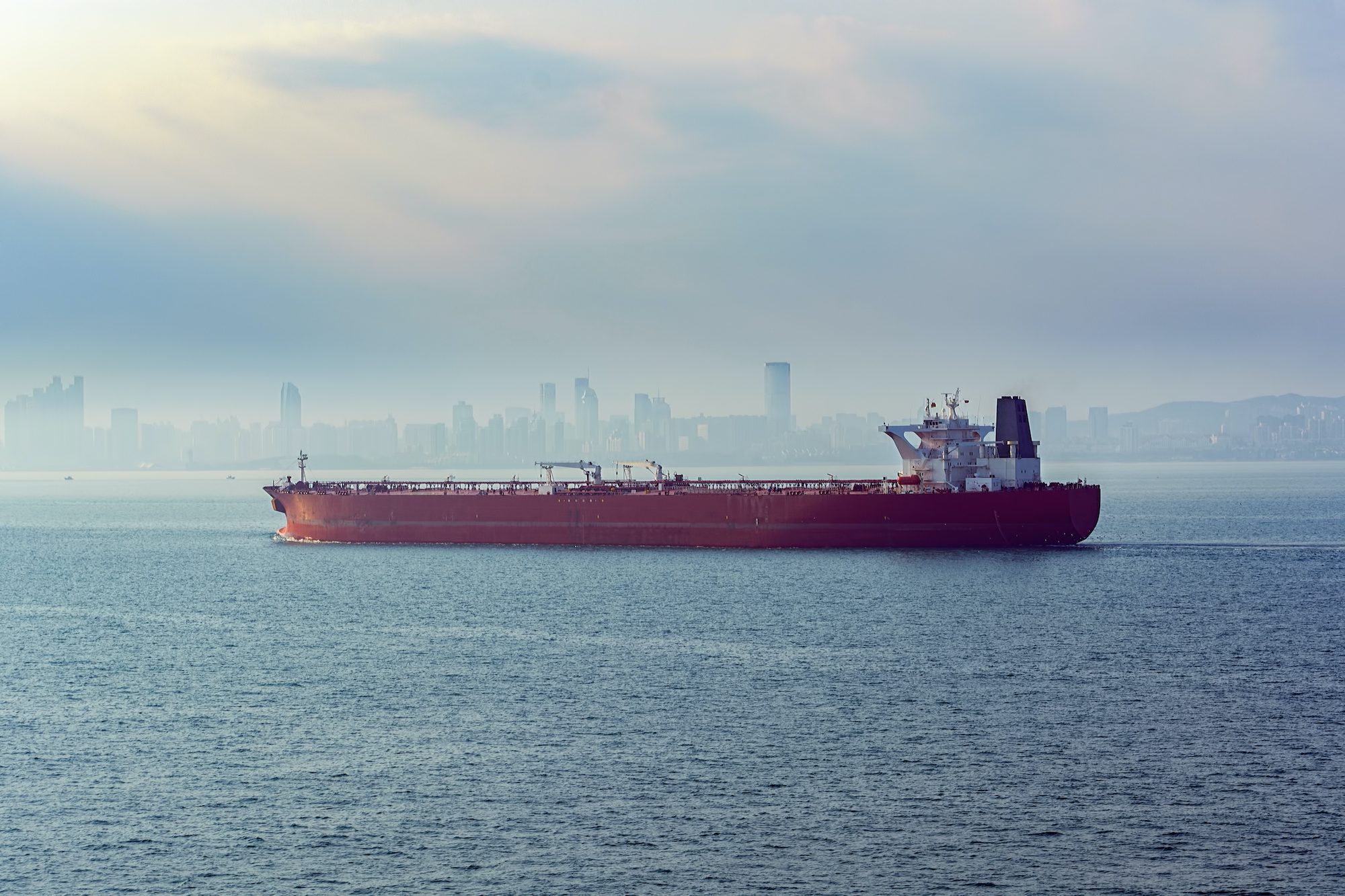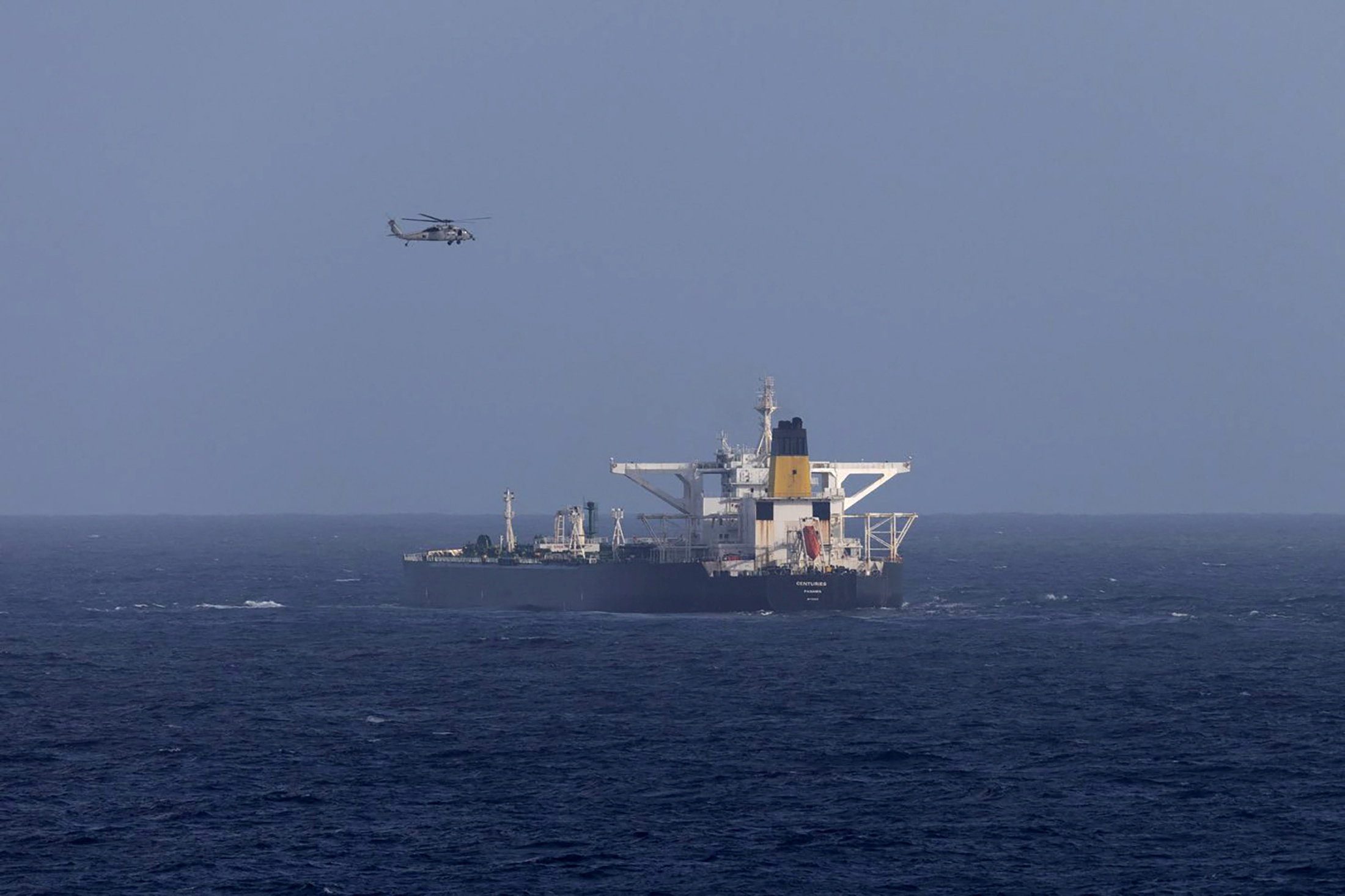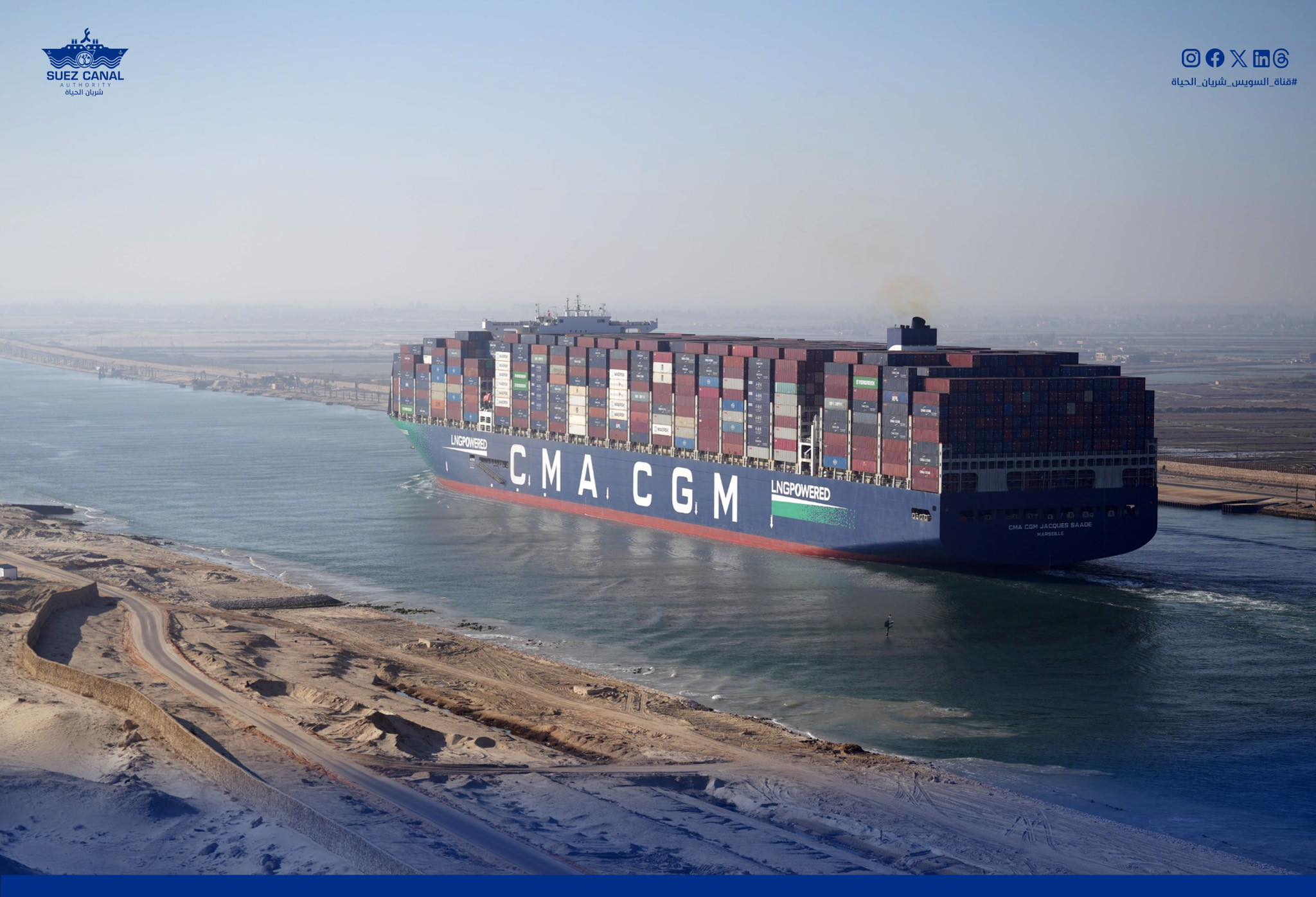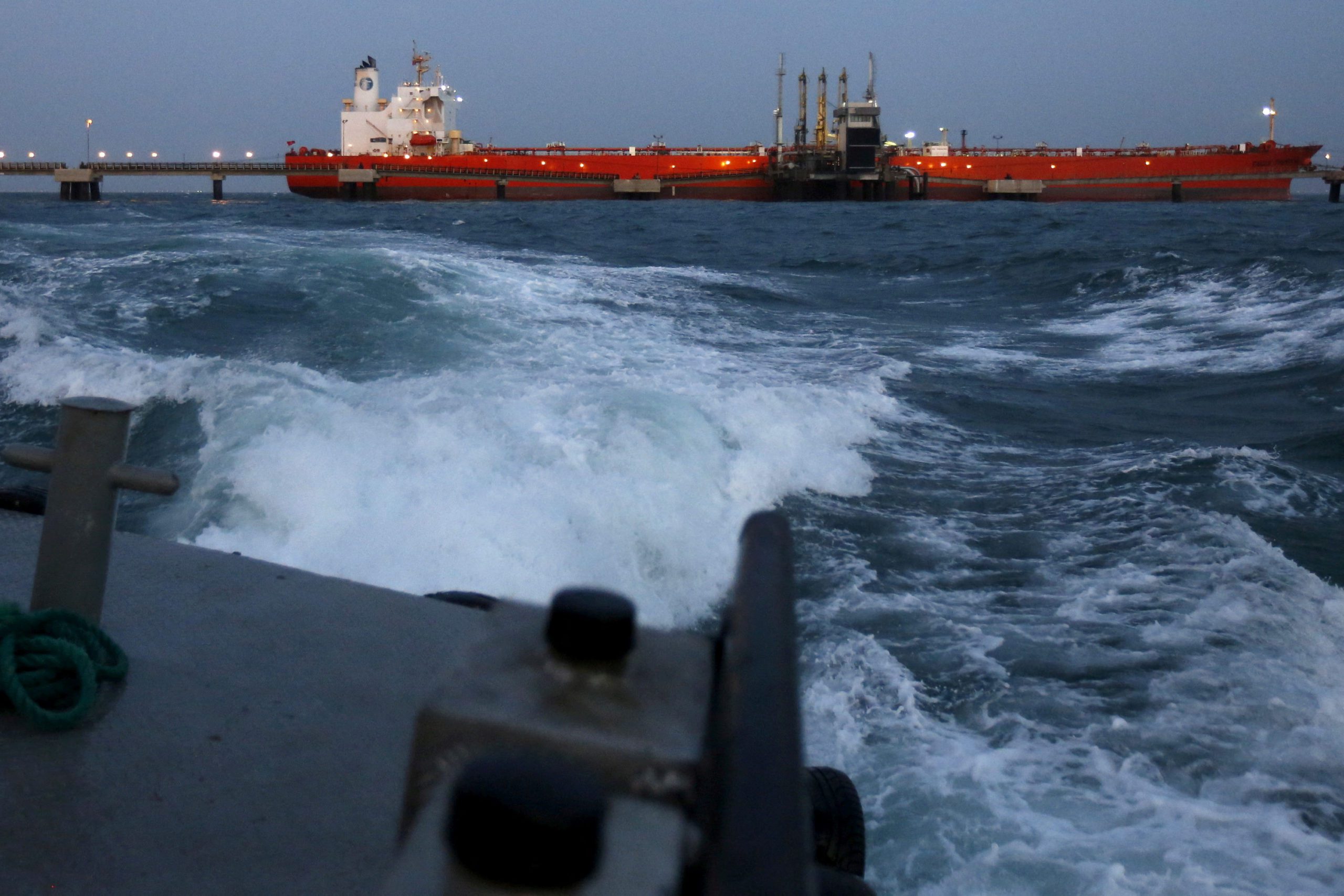The U.S. Department of the Treasury has unveiled sanctions against a sophisticated maritime network responsible for smuggling hundreds of millions of dollars worth of Iranian petroleum, targeting UAE-based shipping magnate Jugwinder Singh Brar and his fleet of nearly 30 vessels, many of which operate as part of Iran’s “shadow fleet.”
Meanwhile, the U.S. Department of State has simultaneously sanctioned a Chinese terminal operator, along with two additional vessels, that feeds product to a co-called “teapot” refinery.
Operating through UAE-based companies Prime Tankers LLC and Glory International FZ-LLC, the Treasury’s Office of Foreign Assets Control (OFAC) alleges Brar’s network employed an intricate web of smaller Handysize tankers for coastal operations, conducting high-risk ship-to-ship (STS) transfers in waters off Iraq, Iran, the UAE, and the Gulf of Oman.
“The Iranian regime relies on its network of unscrupulous shippers and brokers like Brar and his companies to enable its oil sales and finance its destabilizing activities,” stated Treasury Secretary Scott Bessent.
In one notable operation, Brar’s vessels transported over 25,000 metric tons of petroleum products from Iran’s Bandar Abbas port to Oman and the UAE. The scheme involved blending Iranian petroleum with Iraqi products at Iraq’s Khor al-Zubair port before exporting with falsified documentation claiming purely Iraqi origin.
The investigation revealed sophisticated evasion tactics, including disabled or manipulated AIS systems to conceal vessel locations. In 2023, the Glory International-operated vessel NADIYA conducted illegal Iranian oil shipments on behalf of the Iranian military.
The sanctioned vessels fly various flags of convenience, including Panama, which hosts fifteen of the vessels. Other vessels in the network operate under Barbados, Palau, Antigua and Barbuda, Comoros, Gambia, and Cook Islands flags.
At the same time, the Department of State sanctioned a second China-based terminal operator Guangsha Zhoushan Energy Group Co Ltd, which owns and operates a crude oil and petroleum products terminal on Huangzeshan Island in Zhoushan, China. The department said terminal has acquired Iranian crude-oil at least nine times between 2021 and 2025, including from U.S. sanctioned vessels, amounting to the import of at least 13 million barrels of Iranian crude oil.
The terminal is directly connected through the Huangzeshan–Yushan Under Sea Oil Pipeline to a nearby teapot refinery, referring to an independent refineries that operate separately from major state companies.
“The United States is committed to aggressively implementing and enforcing sanctions targeting Iran’s entire oil supply chain, including sanctioning those who help Iran evade sanctions and export Iranian oil to China,” the department said.
The Department of State is also designating three vessel management companies for transporting Iranian petroleum and marking two vessels as blocked property of two of these companies.
Of particular concern is the widespread use of “dark activity” – vessels operating with their automatic identification systems turned off – which poses significant risks to maritime safety and enables sanctions evasion. One vessel, the AMOR, transported over 20 million barrels of Iranian crude oil while regularly engaging in such dark activities between January 2022 and January 2025.
“These vessel management companies and their associated tankers have collectively transported millions of barrels of Iranian crude oil and petroleum products, with the vast majority of the cargoes being delivered to buyers in China,” the Department of State said.
The sanctions represent the fifth round of enforcement actions targeting Iranian oil sales since President Trump restored his “maximum pressure” campaign against Iran in February. The measures effectively block all U.S.-based assets of the designated individuals and entities, while prohibiting U.S. persons from engaging in transactions with the sanctioned parties.
Under the sanctions, all property and interests of the designated persons within U.S. jurisdiction are blocked and must be reported to OFAC. Additionally, entities owned 50 percent or more by blocked persons are also subject to sanctions.

 Join The Club
Join The Club











